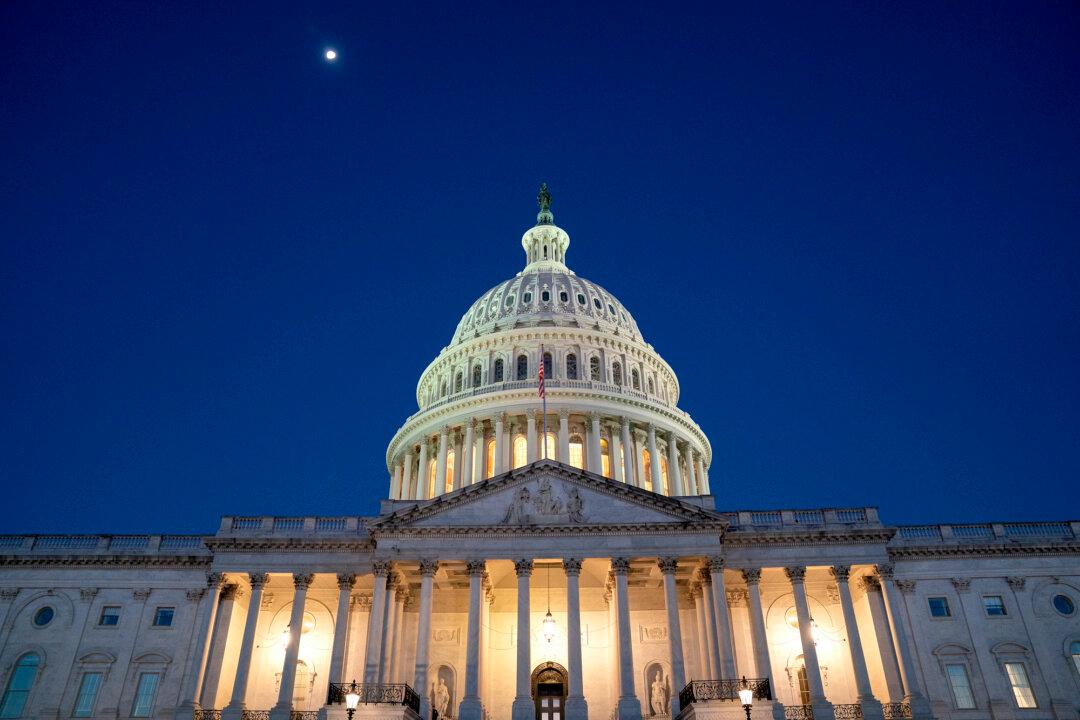On Friday, the House of Representatives passed a $1.2 trillion infrastructure bill in a 228–206 vote, sending the legislation to President Joe Biden for his signature.
The bipartisan infrastructure bill contains a cryptocurrency tax reporting requirement.





